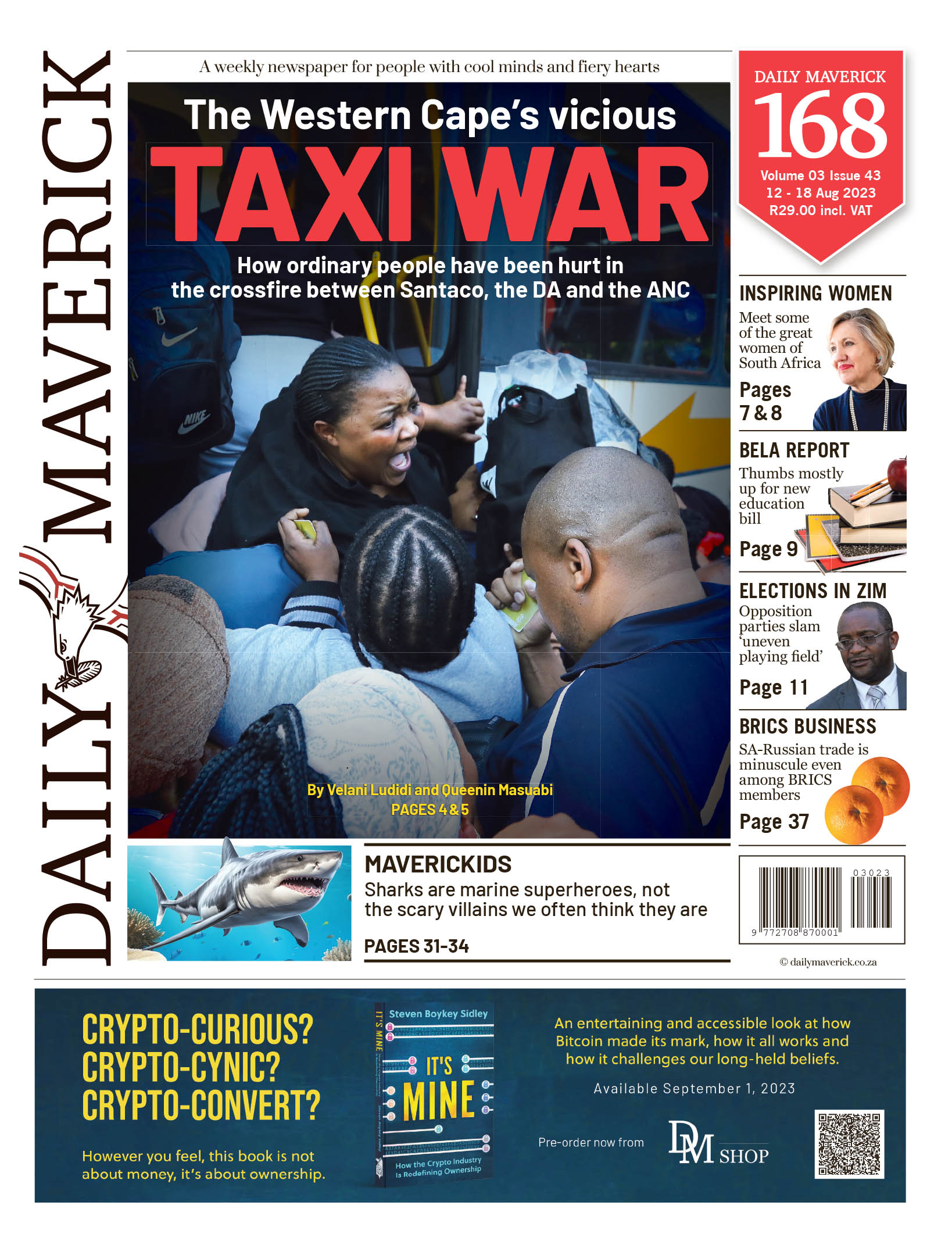On 9 August 1956, about 20,000 brave women of all races marched to the Union Buildings in Pretoria to protest against the unjust pass laws that required black, Indian and coloured women to carry a dompas (passbook).
Many may not know that the saying “wathint’ abafazi wathint’ imbokodo (you strike a woman, you strike a rock)” comes from this protest and was meant to signify the strength and capacity for resistance against repression women have displayed all through the struggle for liberation.
The march showed that women had their own agency and were capable of effective political participation. The day was declared Women’s Day in South Africa in 1995 to recognise both the gains of 1956 and the struggle for women’s rights and empowerment.
In 2015, member states of the United Nations, in their wisdom, pegged the realisation of the emancipation and human rights of women and girls as Sustainable Development Goal number 5 out of 17, and set the date of 2030 for the world to achieve this.
“Gender equality is not only a fundamental human right, but a necessary foundation for a peaceful, prosperous and sustainable world,” the UN said.
But a review of the progress that’s been made showed that there had been a regression, in fact. “At the current rate of progress, it will take another 286 years to reform legal frameworks to promote, enforce and monitor gender equality in public life,” the UN reported last year.
“Gender disparity in South Africa is highest in political empowerment, followed by economic participation and opportunity. Although women in the country secured around 46% of the seats in the National Assembly, they were still underrepresented in decision-making occupations.”
Statistics SA further found that women earned 34% less than men and that 64.7% of South Africans believed that women earning more than their partners would almost certainly cause trouble. This was none more evident than in the row our national women’s soccer team, Banyana Banyana, had with the South African Football Association.
Read more in Daily Maverick: Banyana Banyana victory – a test of South Africa’s gender parity
Though people like to think that sports are apolitical, Banyana showed that this is not so and that there are various sites of struggle for women’s rights.
Shortly after the Banyana row, world football governing body Fifa, together with UN Women, issued a statement saying that they were coming together during the Fifa Women’s World Cup to “advance gender equality in football, and to prevent abuse and discrimination on and off the field”.
In the rural KwaZulu-Natal village of Kosi Bay, mam’ Thoko, a small-scale fisher, is another example of a woman who is championing the rights of her community — in this case, to make a living through small-scale fishing and selling the catch.
Every day she wakes up in the early hours of the morning and walks several arduous kilometres that even a car would have difficulty enduring to catch fish and bring them back to the market to sell.
Seeing how her community was struggling, she decided to share her skills and start a co-op to help other women in her community gain an income.
“Fishing is what put all my children through school. My son even went all the way to the University of Cape Town because of the money I made from fishing,” says mam’ Thoko. Today she has inspired many women in Kosi Bay to provide for themselves and their families in this way.
Read more in Daily Maverick: Hard road to empowerment – 286 years is too long to wait for equality among the genders
These examples highlight that all women’s empowerment stories and sites of struggle, historical and in the present, are important. They fight the notion that Women’s Day should be reduced to issues of victimhood, as though women do not exist outside of this prism. What the women of 1956, Banyana Banyana and mam’ Thoko show is that women have agency and can chart their own path to empowerment.
Women’s Day should be an opportunity to look towards the kind of future and society that recognise the efforts and value of all women and do not exceptionalise them.
The government’s theme for Women’s Day this year is “Women’s Socioeconomic Rights and Empowerment: Building Back Better for Women’s Improved Resilience”.
Though it may be well-intentioned, it is a misnomer because the understanding in terms of the pursuit of equality among the genders is that the patriarchal system is a disempowering one. We cannot be “building back” or encouraging women to be “resilient” within an unjust system. What we need to do is work towards a different and empowering society of equals that won’t take 286 years to achieve. DM
This story first appeared in our weekly Daily Maverick 168 newspaper, which is available countrywide for R29.


















 Become an Insider
Become an Insider
Comments - Please login in order to comment.